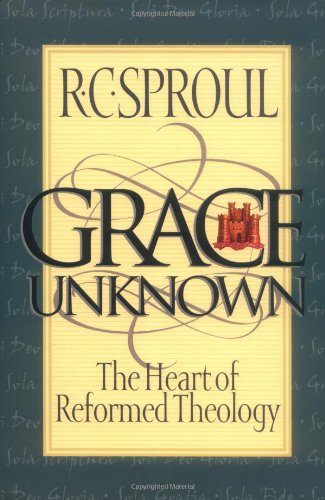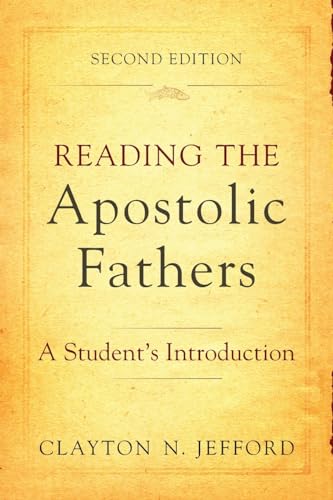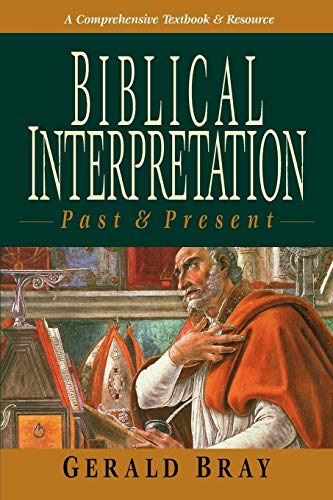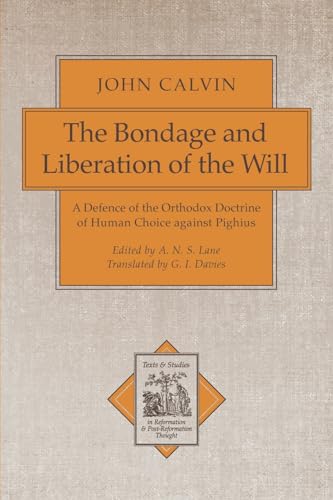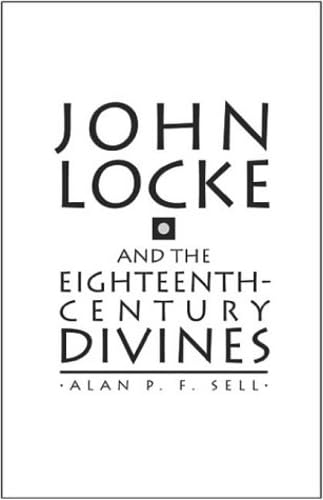The Psalms of Asaph and the Pentateuch (Studies in the Psalter, III) JSOT Supplement Series 233
Written by Michael D. Goulder Reviewed By P.J.M. SouthwellThis is the third volume in the series ‘Studies in the Psalter’, following The Psalms of the Sons of Korah(1982) and The Prayers of David (1990). Sensibly using the Revised Version of 1881, Goulder attempts a detailed analysis of Psalms 50 and 78–83 based on the place and order they occupy in the Hebrew Psalter. These give us clues to the identity of the Asaphites, the development of Israelite religion and the origins of the Pentateuch.
For Goulder the Asaph psalms are a New Year Festival liturgy from eighth century Bethel, and contain the earliest form of the traditions developed in Exodus to Numbers. In seventh century Jerusalem the Asaphite E tradition and the Korahite J tradition were amalgamated, and this was further elaborated a century or so later by the Merari (priestly) clan. The northern Asaphites were heirs to a proto-Deuteronomic style which is clearly present in these psalms while D in the Pentateuch represents a later development of their distinctive theology. ‘They and their Korahite co-Levites had been in Jerusalem for over a century, in which they developed the Exodus-wilderness saga, prefaced it with the patriarchal and creation/Flood narratives, and terminated it with a fuller version of the law, presented as Moses’ last words. So the core of our Pentateuch was already in place by 600’ (p. 251). In a ‘Concluding Unhistorical Postscript’ (let the reader of Kierkegaard understand) Goulder even speculates on the names of the ‘authors’ of the Asaphite Exodus to Kings saga (Iddo, Shemaiah), Genesis (Iddo), Deuteronomy (Zerah, Jeatharai), ‘J’ (Shemaiah), and the completed Deuteronomist history (Mattaniah).
Undoubtedly the strongest feature of the thesis is the careful, detailed and sensible analysis of the Asaphite psalms, which Goulder mercifully allows to speak for themselves, rather than (as so often in modern studies) pressing them into the service of other Gattungen and genres. However, occasionally he falls into this trap himself, as with his notion that Selah was a recitative interpolating into the song a summary of a well-known historical tradition of the gracious acts of God. Nor is much attention paid to the terms used in the headings of the psalms (e.g. Maschil, Psalm, Song). But his approach is to be strongly commended.
These psalms undoubtedly witness to the evolution of Israel’s ancient traditions. However, Goulder moves with magisterial confidence and surprising rapidity from this to firm conclusions about their relation to the Pentateuch, citing analogies to their liturgical Sitz im Leben from e.g. Cromwell, Stalin, Cicero and the Bosnian Serbs (all these on p. 163). The book is characterised by a delightful admixture of cheerful panache (Ps. 83:10–13 are ‘like the vacuous rhetoric of a modern politician’; or ‘our Psalmist is like a frightened medicine man, repeatedly stabbing the effigy of his foe’, p. 172) and by refreshingly independent and common-sense responses to the less plausible assertions of contemporary scholars, particularly in his small-print paragraphs. To this reviewer his thesis works well for the psalms, moderately well for the development of the historical traditions, and hardly at all for the huge number of over-confident surmises about the clan identity, location, period, motivation and names of the Pentateuchal editors. It is however the details that matter, and Goulder has made a case that deserves close and respectful attention. The book is beautifully presented, though the Sheffield Academic Press should know that the editor of their Dictionary of Classical Hebrew is Clines, not Chines (p. 12)!
P.J.M. Southwell
Wycliffe Hall, Oxford



